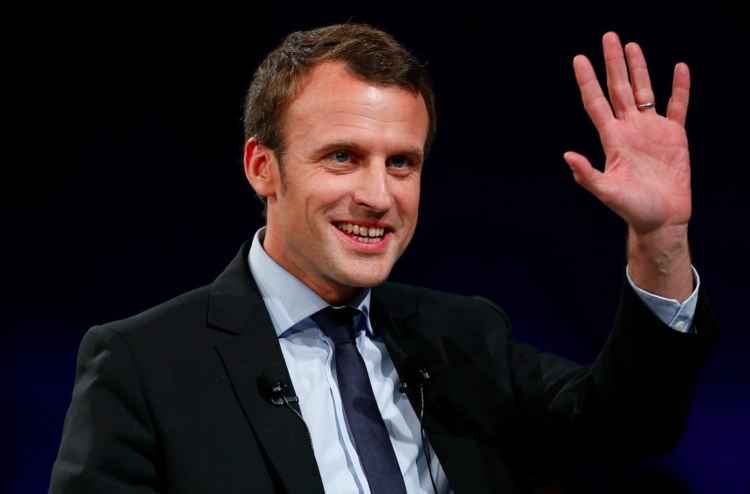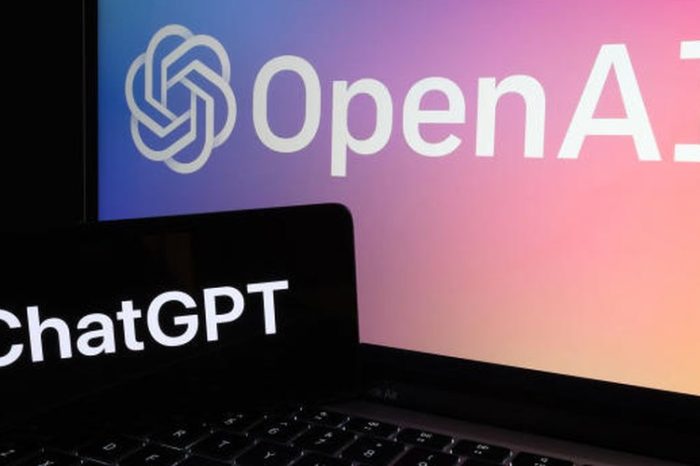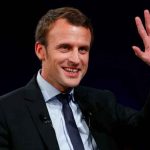France unveils $112B AI investment, its answer to the US’ Stargate as global AI race heats up

France’s artificial intelligence sector is set to receive €109 billion ($112.6 billion) in private investments over the coming years, President Emmanuel Macron announced Sunday, just ahead of the country’s global AI summit.
The announcement comes three weeks after U.S. President Donald Trump introduced the Stargate Project—a $500 billion joint venture between OpenAI, Oracle, and SoftBank focused on AI infrastructure in the U.S. over the next four years.
Speaking to French broadcaster TF1, Macron described the investment as “the equivalent for France of what the United States announced with Stargate.”
“He described the mulitbillion-euro commitment as France’s equivalent to Stargate, referring to U.S. President Donald Trump’s $500 billion AI investment project,” CNBC reported.
The French investment package includes funding from the United Arab Emirates, American and Canadian investment funds, and French companies like telecom giants Iliad and Orange, as well as aerospace and defense group Thales.
Just days before the AI Action Summit kicked off on Monday, the UAE announced plans to invest between €30 billion and €50 billion in building a one-gigawatt AI data center in France as part of a broader tech development campus.
Iliad has pledged €3 billion towards AI infrastructure, while Paris-based AI firm Mistral plans to invest billions to establish its own data center in France.
Victor Riparbelli, CEO of British AI startup Synthesia, welcomed Macron’s €109 billion plan as a positive move for the European AI scene but cautioned that more is needed for Europe to compete with the U.S. and China.
“We need to set the right foundations for Europe to thrive as an ecosystem,” Riparbelli told CNBC’s Arjun Kharpal on Monday. “It’s great that we’re investing more in infrastructure, but that alone won’t solve everything. What’s encouraging is the political will to actually make things happen.”
Global AI Race Heats Up
The AI Action Summit in Paris is bringing together world leaders and executives from leading tech companies. Attendees include U.S. Vice President JD Vance, EU President Ursula von der Leyen, German Chancellor Olaf Scholz, Canadian Prime Minister Justin Trudeau, Google CEO Sundar Pichai, Microsoft President Brad Smith, OpenAI CEO Sam Altman, Google DeepMind CEO Demis Hassabis, and Anthropic CEO Dario Amodei.
Elon Musk is not expected to attend.
Axios reported on Saturday that OpenAI’s Altman plans to urge world leaders to shift their focus beyond just AI risks—a common theme in Europe—and consider the growth opportunities AI presents.
Meanwhile, Chinese firm DeepSeek’s new open-source AI model R1 has sparked fresh debates in the industry over the massive spending on computing infrastructure needed to train these systems. DeepSeek claims it spent $5.6 million training its latest model, but some experts are skeptical.
Semiconductor research firm SemiAnalysis estimates DeepSeek’s total hardware spending exceeds $500 million over its history, pointing to significant R&D and ownership costs.
Google DeepMind’s Hassabis commented on Sunday that DeepSeek’s model is “probably the best work” he’s seen from China but noted it doesn’t represent a major technological breakthrough. “Despite the hype, there’s no actual new scientific advance… it’s using known techniques [in AI],” Hassabis said, suggesting the buzz around DeepSeek may be “a bit exaggerated.”
Still, with billions being poured into data centers packed with Nvidia’s advanced semiconductors, some worry that the AI sector could be heading towards a bubble.
Ahead of the summit, Mike Capone, CEO of U.S. software firm Qlik, told CNBC that DeepSeek’s advancements are likely to dominate discussions as governments wrestle with China’s growing influence in AI.
“This summit isn’t just about AI—it’s about influence,” Capone said. “Expect a strategic messaging war as U.S., French, and UK leaders downplay DeepSeek’s relevance while China aims to show it’s not just catching up—it’s setting the pace.”
“AI diplomacy is now as critical as AI development. The fight won’t be about who builds the best model; it’ll be about who controls the AI narrative,” he added.
France’s efforts to rival the U.S. in the tech space aren’t new. Back in January 2019, President Macron unveiled plans to position France as a hub for AI startups. Later that year, in September, he followed up with a €5 billion investment aimed at accelerating the growth of homegrown tech companies.




